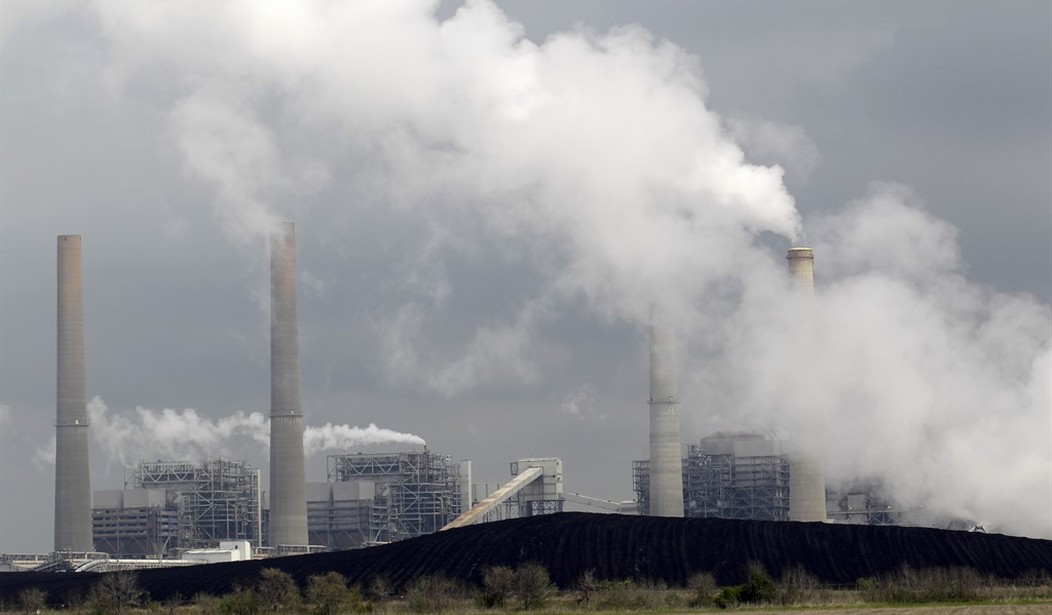Lest you needed another reason to oppose the resurrection of the United States Export-Import (Ex-Im) Bank, bureaucrats haven’t just been picking the winners and losers among American corporations but have also been taking it upon themselves to do the bidding of the Obama administration by helping wage their misguided “War on Coal.”
For the past few years, bank officials have refused to finance many coal exports in order to support President Obama’s climate initiatives. This was done without congressional approval or oversight – and demonstrates yet another example of how transparency was severely lacking in the bank’s lending practices.
At a June congressional hearing on the bank’s reauthorization, Sen. Bob Corker (R-Tenn.) prodded the bank’s chairman, Fred Hochberg, with questions. Corker quipped, “I didn’t know we were carrying out environmental policies through Ex-Im,” and said he was “offended to realize Ex-Im Bank basically had taken on some of the administration’s policies without Congress being involved in any way.”
In a moment of rare honesty, Hochberg testified that he made a habit of not supporting coal and coal-mining equipment exports or deals involving coal-fired power plants in “wealthier countries” that have the ability to use other sources of power. This left many senators, particularly Senator Mike Rounds (R-SD), to question if the bank was more interested in promoting liberal policy agendas than American jobs. That appears to be exactly the case.
At the same time the supposedly independent financial institution was denying coal equipment exports to needing countries across the world, they were promoting the Obama-backed “green energy” firm Solyndra. Nobody will forget the corrupt solar start up that went belly-up after receiving more than $500 million in taxpayer subsidies and a $10.3 million loan from the Ex-Im bank, leading to subpoenas and congressional inquiries of high level Obama administration officials. Ex-Im provided loan guarantees to another politically-connected solar panel company, Abound Solar, before it, too, went under. Abound received $9.2 million from the bank.
Recommended
As supporters of Ex-Im cry for Congress to reauthorize the bank before they leave for their August recess, it’s important to remember these stories. Plagued with mismanagement and a lack of transparency, the bank’s goal was not, first and foremost, about promoting American jobs.
Claiming in its mission statement that the bank was intended to assist small businesses export overseas, Ex-Im was caught mischaracterizing “potentially hundreds of large companies and units of multinational conglomerates as small businesses,” as reported by Reuters. The most recent data shows that 60 percent of the bank’s financing went to 10 multinational corporations, and a remaining 30 percent went to Boeing alone. The three largest recipients of Ex-Im funds include Boeing, General Electric, and Caterpillar, year after year. And it has since come to light that the Ex-Im bank only supports less than one percent of America’s small businesses with loan guarantees, instead serving only to prop up major companies who are more than capable of finding private lending.
When picking winners and losers in exporting, the taxpayer-backed bank propped up politically-connected corporations and failing alternative energy companies, without disclosing its selection process. The bank promoted a political agenda when it was supposed to remain independent and impartial. Ex-Im was allowed to run rampant, despite multiple congressional attempts to reform and rein in. Thus, Congress in June allowed its charter to expire. It should remain that way.

























Join the conversation as a VIP Member